
Aquanauts: The Media Company pushing for a Sea Change
As far as environmental filmmaking is concerned, few would consider Hong Kong a place of great prestige. Many would more likely think of the English city of Bristol – affectionately nicknamed the ‘Green Hollywood’– home to the BBC Natural History Unit and countless independent studios behind some of the most stunning and influential documentaries in recent years, including Our Planet and Planet Earth.
But while Hong Kong certainly isn’t about to dethrone Bristol as an environmental filmmaking hub, it may possibly find itself with its own fledgling industry one day. At least, if more filmmakers here follow in the footsteps of Aquanauts Marine Conservation and Action Association Ltd.
History
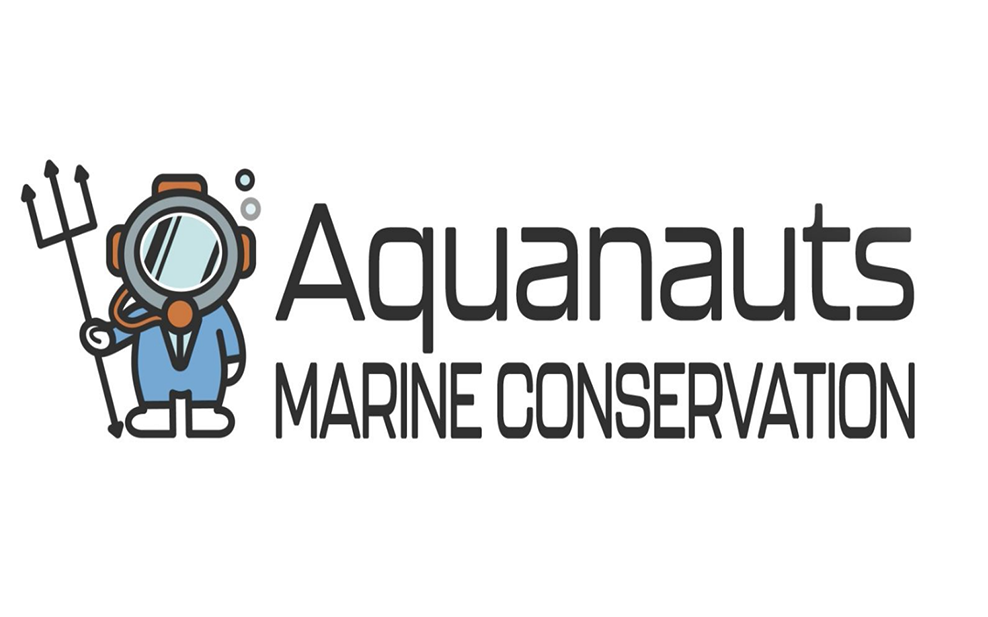
Spun-off from the pre-existing company, Aqua X Team, this company (hereafter referred to as Aquanauts) is an environmental NGO that specialises in producing media on marine conservation issues.
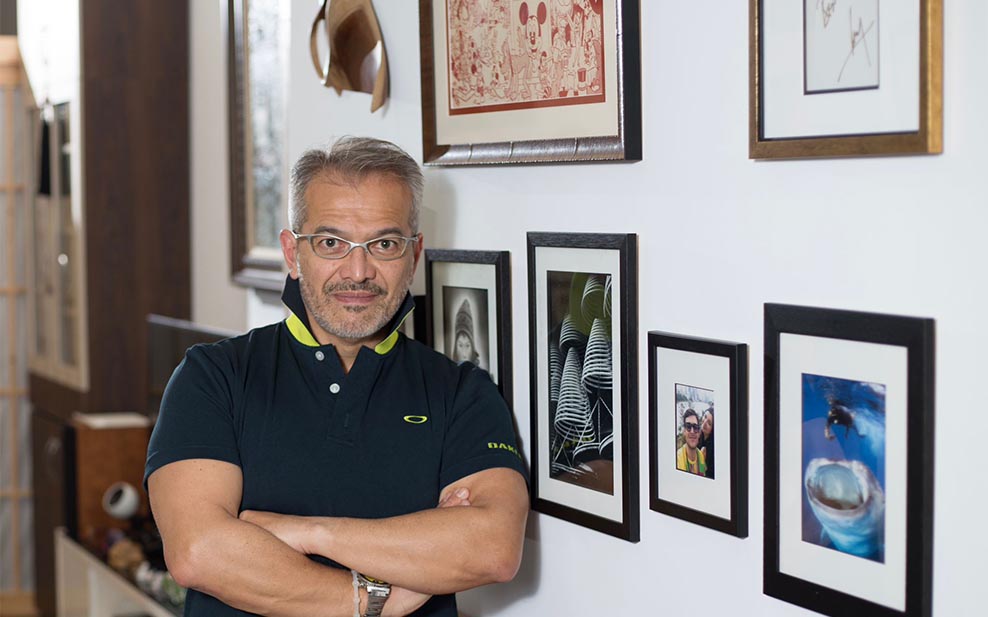
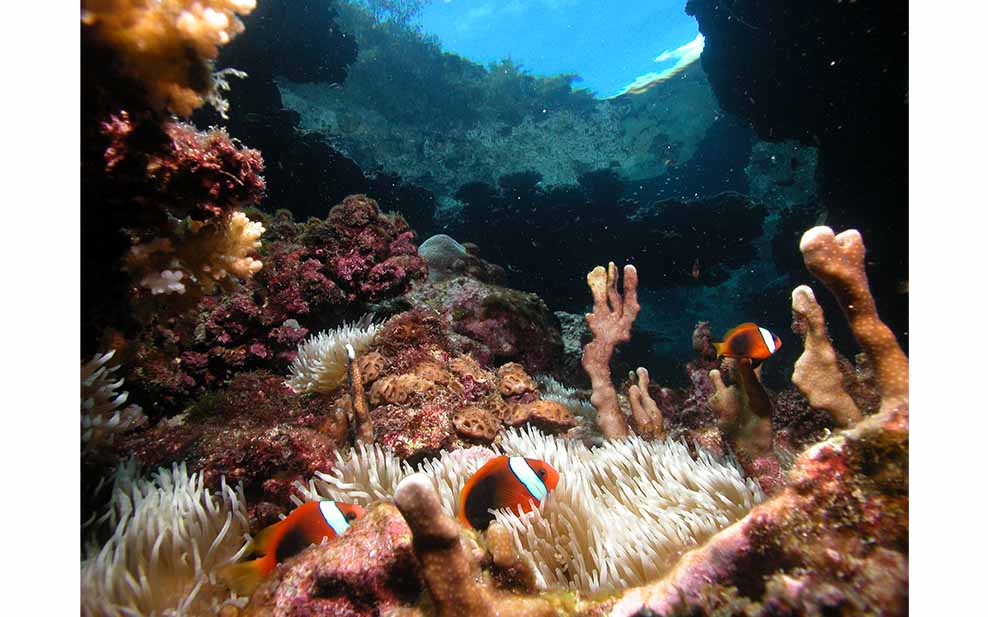
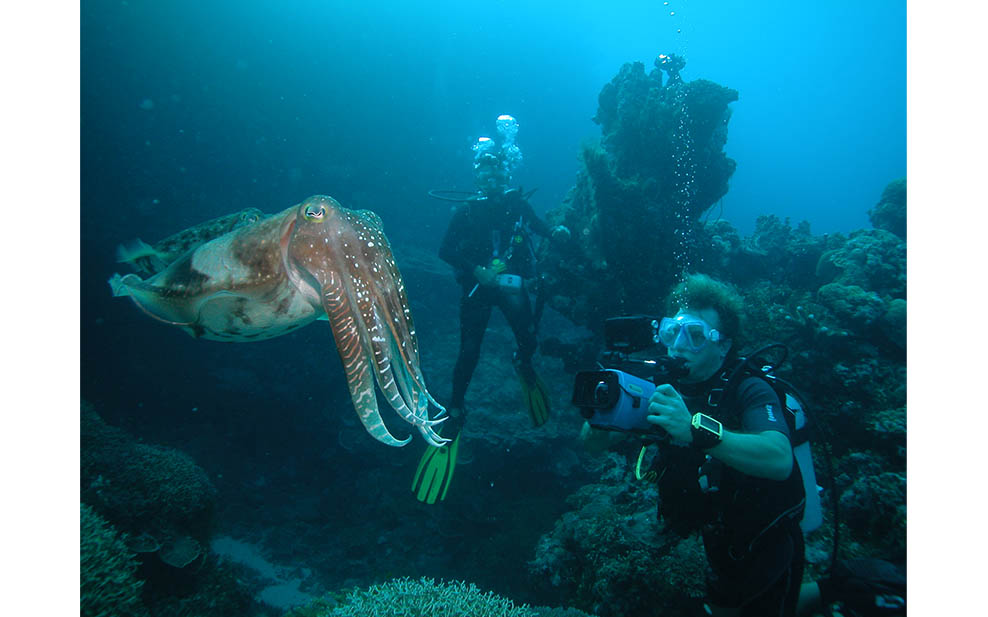
As a former actor and long-time film and television veteran, Founder and Managing Director, Mark Koschker, was very aware of the power of visual media. In 2010, he produced a documentary with Aqua X Team for TVB on marine environments in the Solomon Islands, which lead to an explosion in interest in scuba diving in Hong Kong. Wanting to build on the impact of his previous work, in 2021 he decided to channel his experience and interest in the ocean into founding a new environmental film company to inspire in others that same desire to protect the ocean.
“I’ve always had a passion for the environment and particularly the ocean – scuba diving, catch and release fishing – and wanted to share with people how wonderful the world could be if only we took care of it” he says.
The Making Of …
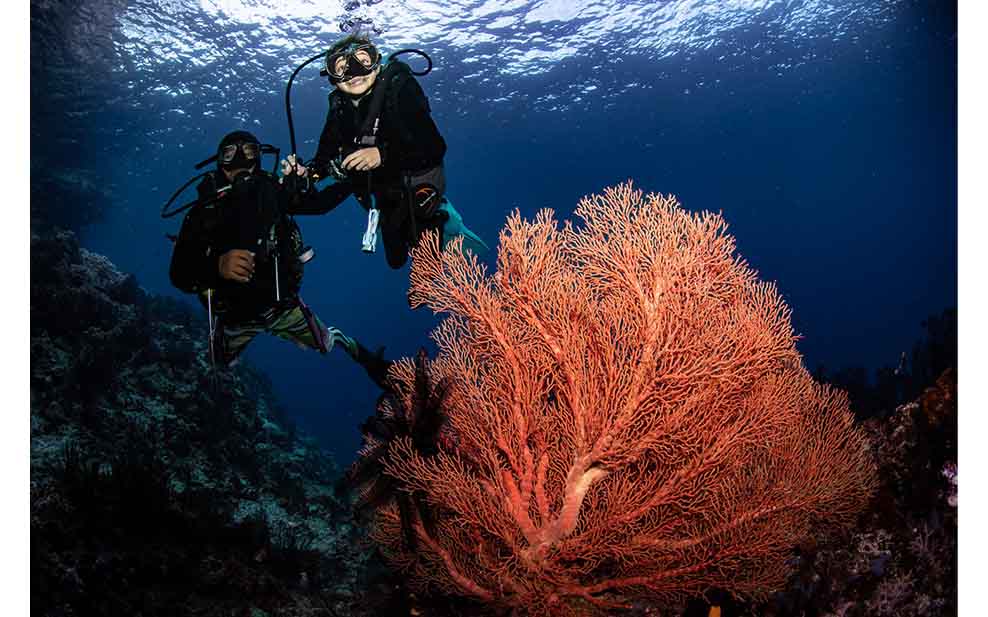
Being a very young company, at the time of writing Aquanauts does not yet have any completed films in its portfolio. It does, however, have some very interesting projects in the pipeline. In April 2022, Koschker and his team went on a 12-day filming expedition to Raja Ampat and Mentawai in Indonesia, documenting both the beauty of these remote diving and biodiversity hotspots, and also the extent of the damage we’ve been causing to them.
“It took us days to get there by boat, yet there’s floating rubbish and the beaches are full of plastic” says Koschker of Raja Ampat. “That gives you an idea of what human beings are doing to the environment. There’s no hiding from it.”
The footage from this trip is now being edited into two feature-length documentaries, which aim not only to showcase nature and the threats it is facing, but also to raise awareness and support (financial or otherwise) for specific projects and practices.
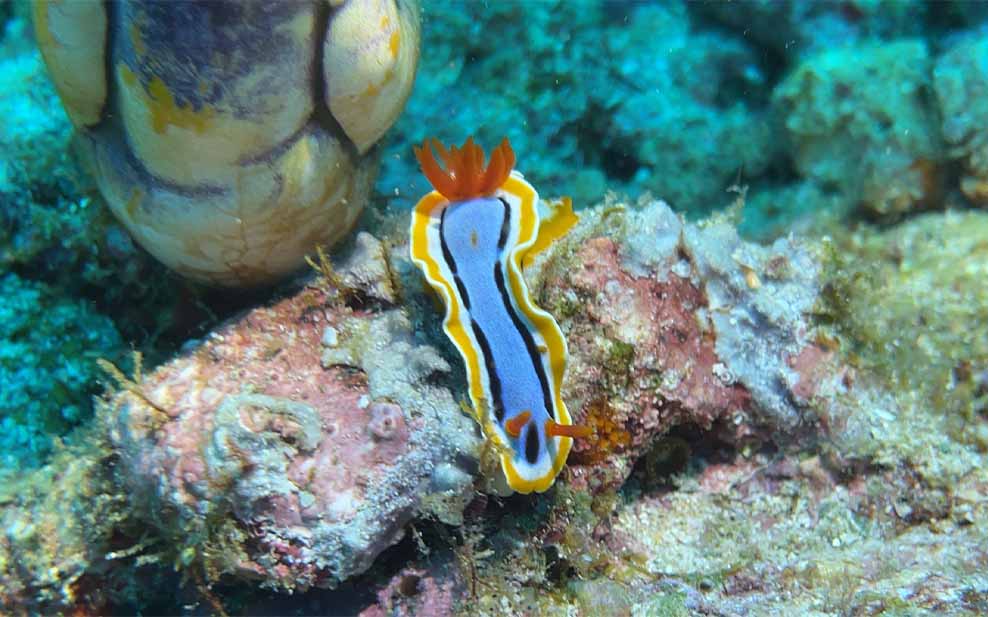
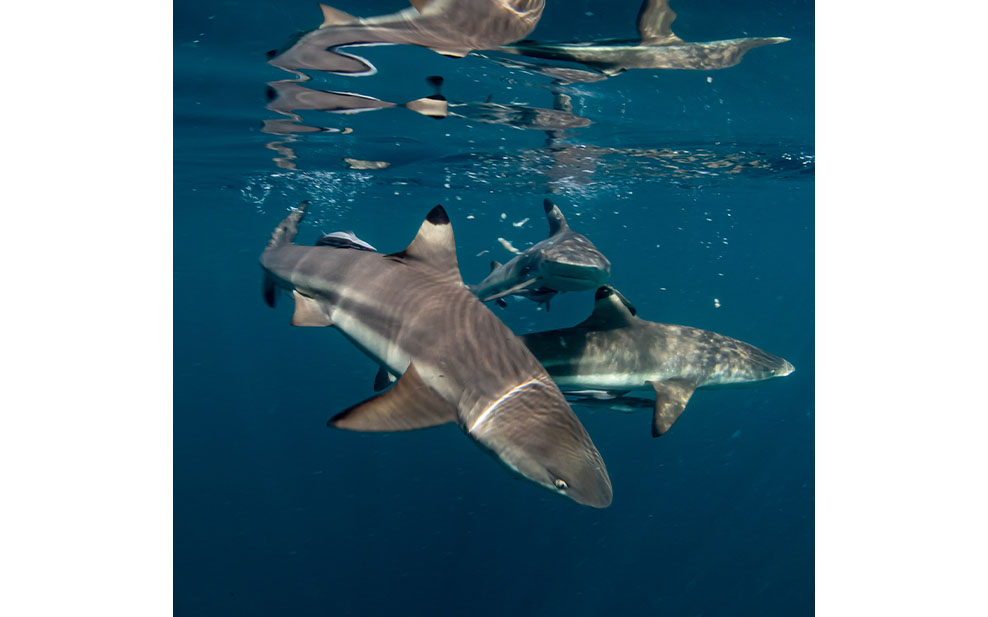
One of these films is intended to show how well-managed ecotourism can be an effective conservation tool, having helped turn Raja Ampat from an overfished marine wasteland into one of the world’s most vibrant coral reef ecosystems today. “Because of tourism for diving, the area is now protected because it brings income in, as opposed to being pillaged for commercial fishing” Koschker explains. “Raja Ampat is home to some of the most amazing fish life I’ve witnessed in a very long time.” Aquanauts hopes that the story of Raja Ampat will offer useful insights into how Hong Kong may restore its own heavily damaged marine ecosystems.
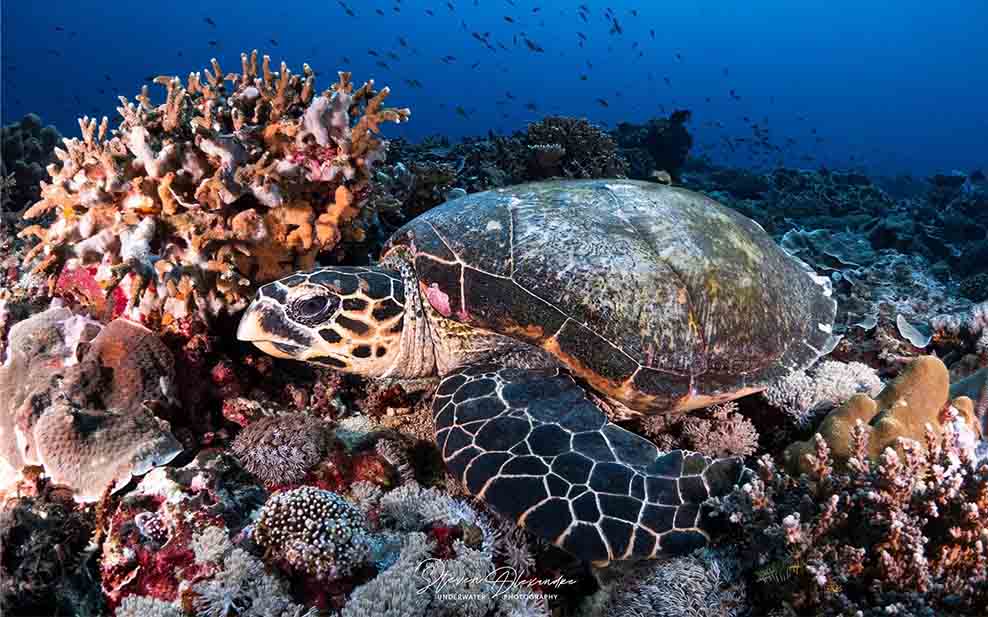
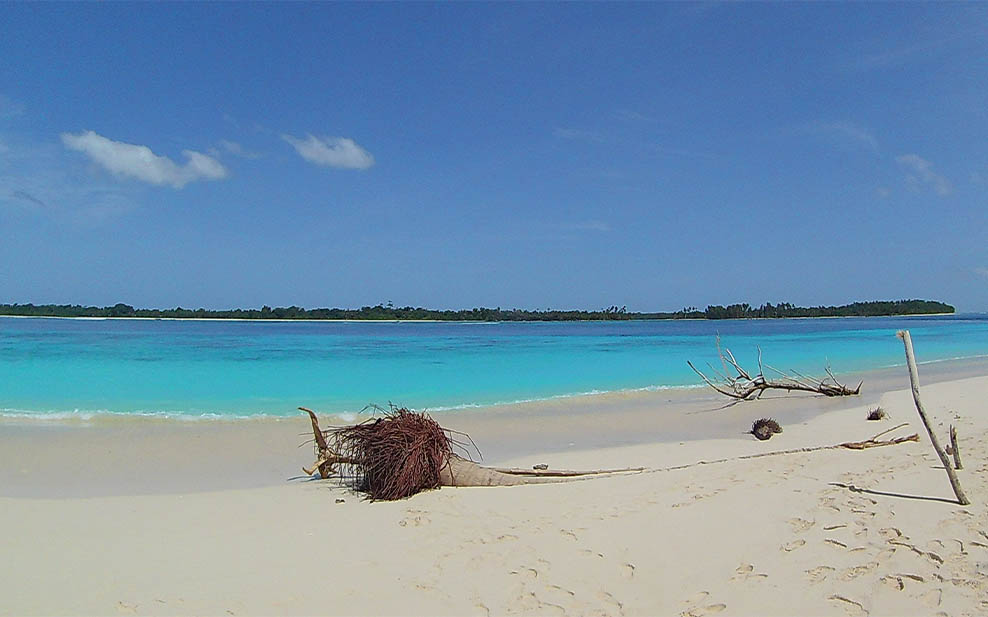
The other film focuses on the sea turtles of Mentawai and the threats they face from climate change, which as well as flooding their nesting beaches is also threatening their population by producing more females than males (turtle genders are determined by the temperature their eggs are incubated at). Recognising the need for a turtle recovery programme, Aquanauts is hoping that this film will generate financial and logistical support for protecting nesting beaches, and building a hatchery to artificially incubate eggs at temperatures that will produce more balanced sex ratios. It also hopes to promote Mentawai as an ecotourism destination, to bring in more long-term conservation revenue.
Inspiring Change
Even though Aquanauts has not yet completed its documentaries, the footage collected for them is already being used to inspire others to notable effect.
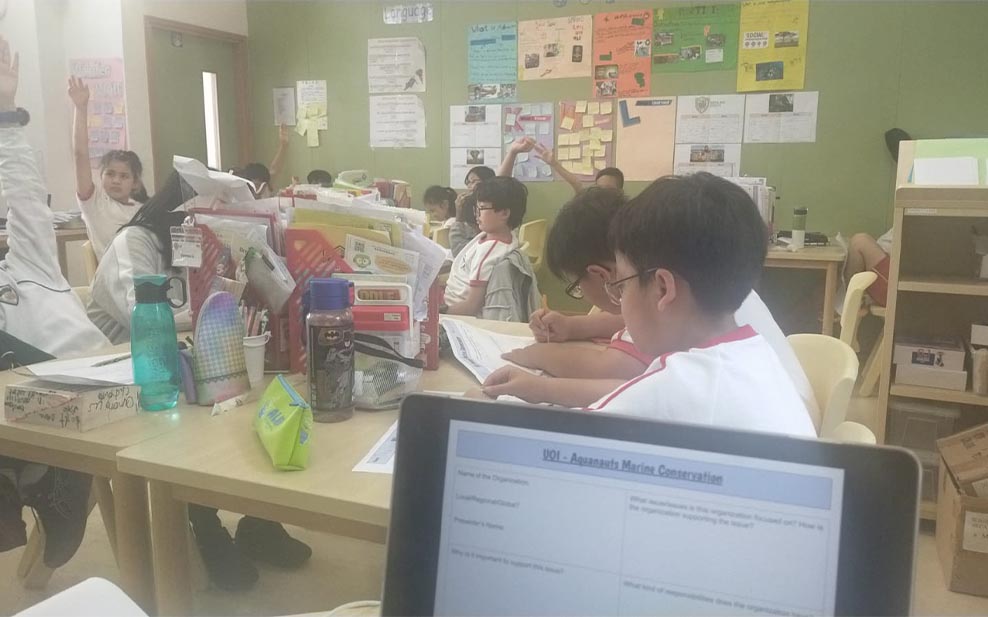
At this stage of the company’s existence, much of its work focuses on using segments of footage for educational purposes, particularly for schoolchildren in Hong Kong and abroad. As well as doing school talks, it is also creating 30 second to 1 minute video segments on marine subject matter to be played on video sharing websites and personal electronic devices. Each segment includes a snippet on how children can make changes in their daily lives to make a difference for the environment.
“I’ve noticed, in working with children, that many are extremely anxious about the environment and the future” states a volunteer with Aquanauts. “Helping children take ownership and channel action is a powerful step. It helps with a lot of the anxiety they feel if they can take necessary steps towards positive change.”
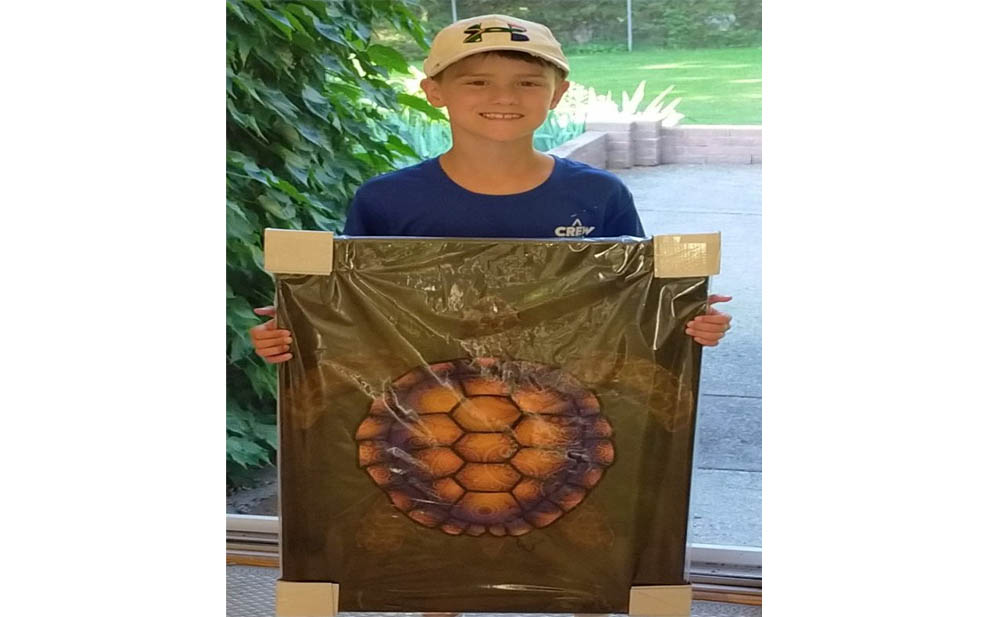
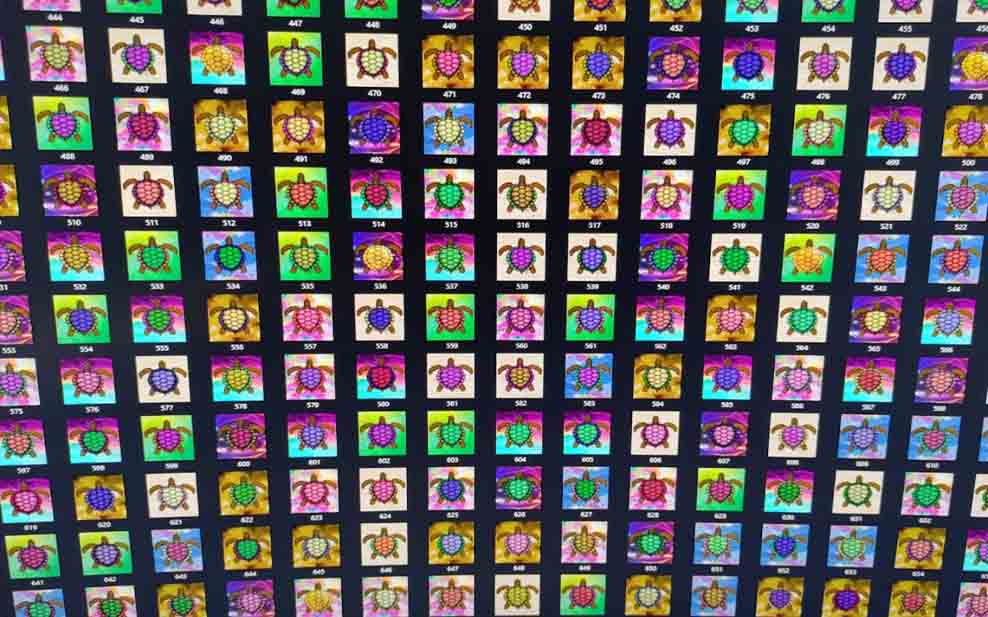
Besides assuaging eco-anxiety, Aquanauts’ work with children is already starting to have more tangible effects for the projects it is championing. Recently, a 9-year-old student in Canada, Eric Burgess – Aquanauts’ first ambassador in that country – was inspired to design turtle NFTs to raise money for conservation efforts, which has been earmarked for the Mentawai turtle project. This money will help to pay for a hatchery, dredging equipment to collect sand for beach restoration, and for a tagging programme to track and study individual turtles. Aquanauts also hopes to eventually be able to organise school trips to Mentawai to get children more directly involved in turtle field conservation.
“To be able to offer opportunities to take action is key. It’s one thing to let [people] know we have all these problems, but we also want to help make them part of the solution” notes Koschker.
The Future
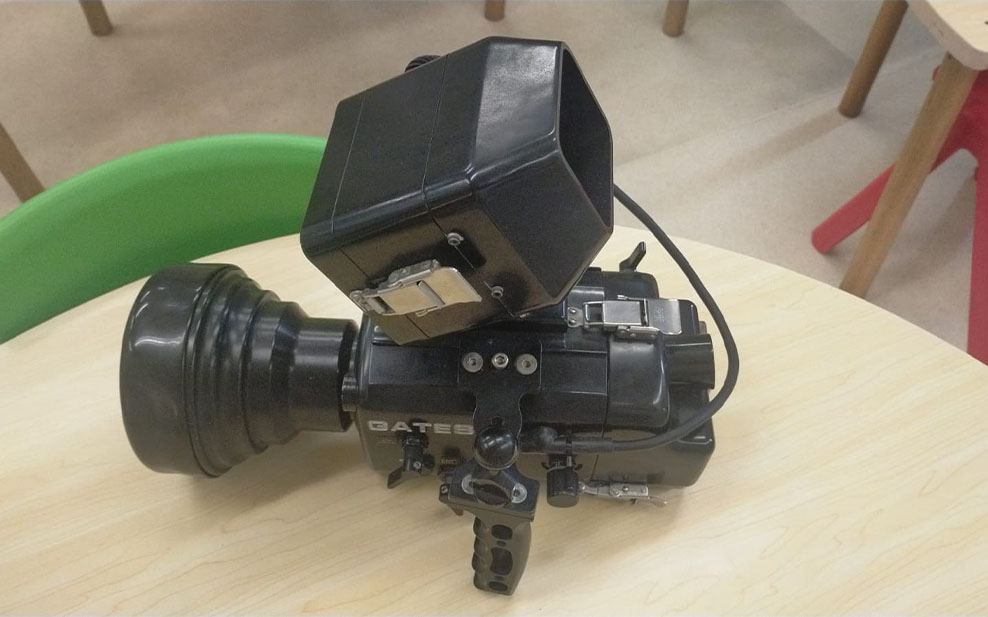
Aquanauts’ two Indonesia documentaries are expected to be released in September 2023. In the meantime, it is actively looking to expand and reach a wider audience.
As well as creating its own YouTube channel for its footage, it has been in discussions with potential partners in Australia, New Zealand and other countries to explore various avenues, including television. It also plans to continue making short videos for easy viewing on phones, iPods and similar devices.
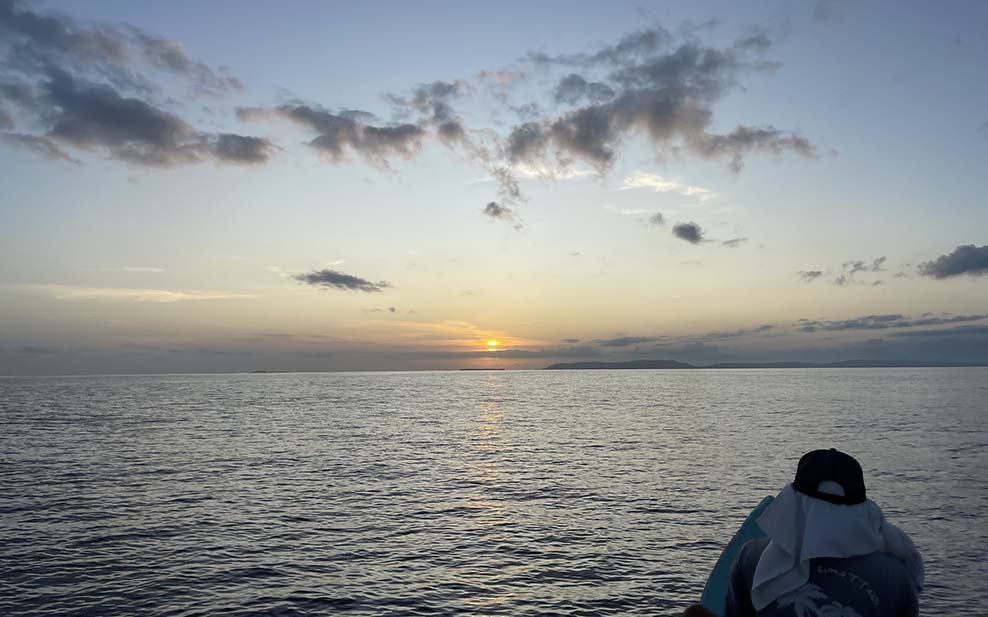
Looking ahead, Koschker is constantly looking for projects he can bring to the world’s attention. At the moment, he is helping to put together a documentary related to the restoration of seagrass beds that will educate people about this often overlooked but vitally important habitat and carbon sink. Further afield, he hopes to eventually document marine conservation work in Central America.
“There’s a lot of good work done there, and it’s an area that not many people talk about. Costa Rica has an amazing sea turtle conservation programme. They’re very successful, so I want to film and promote for them, while learning as well, since we’re looking at a similar project in Mentawai” he says.
Written exclusively for WELL, Magazine Asia by Thomas Gomersall

Thank you for reading this article from WELL, Magazine Asia. #LifeUnfiltered.
Connect with us on social media for daily news, competitions, and more.





